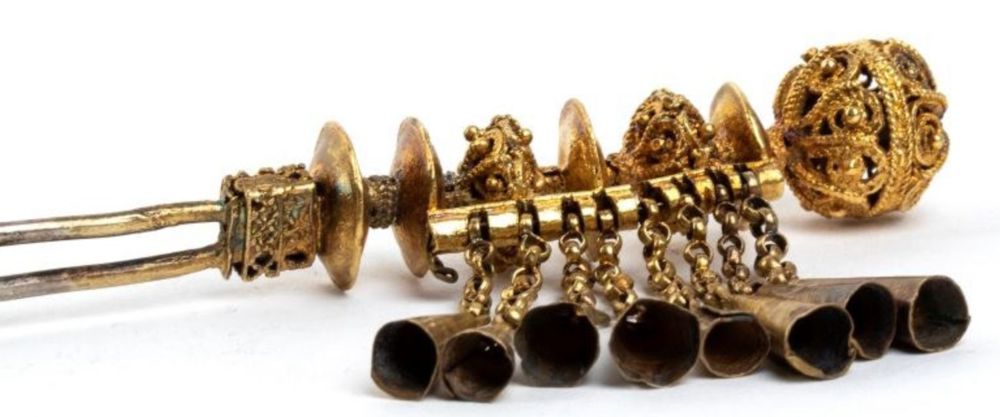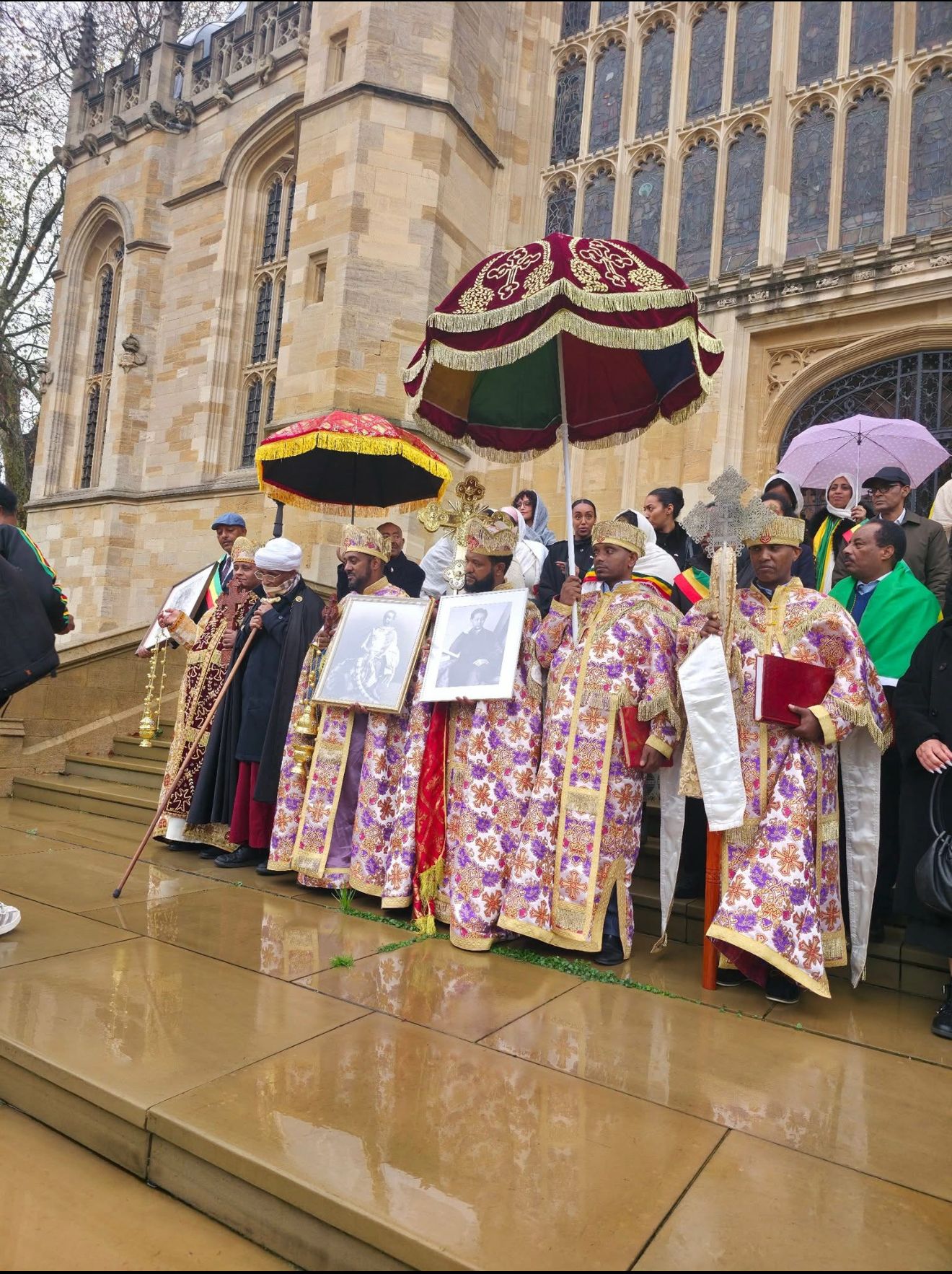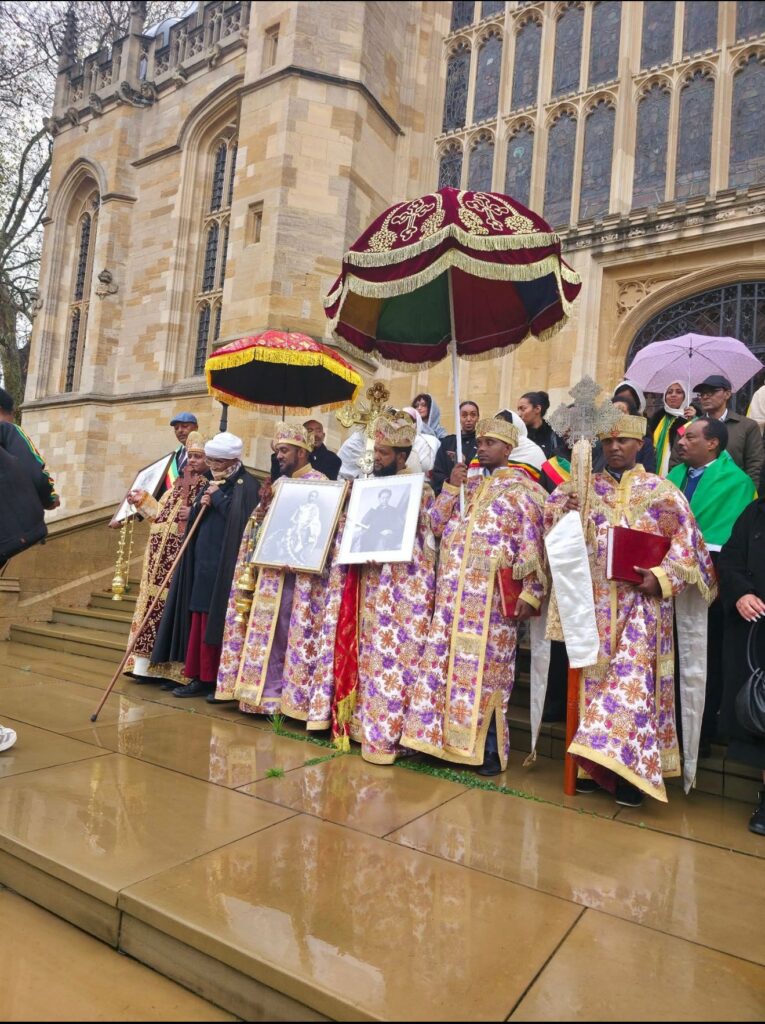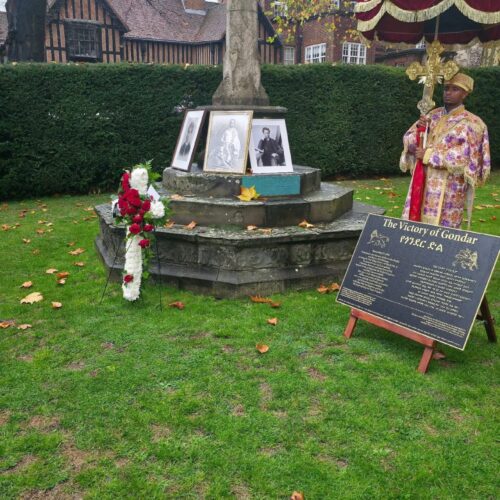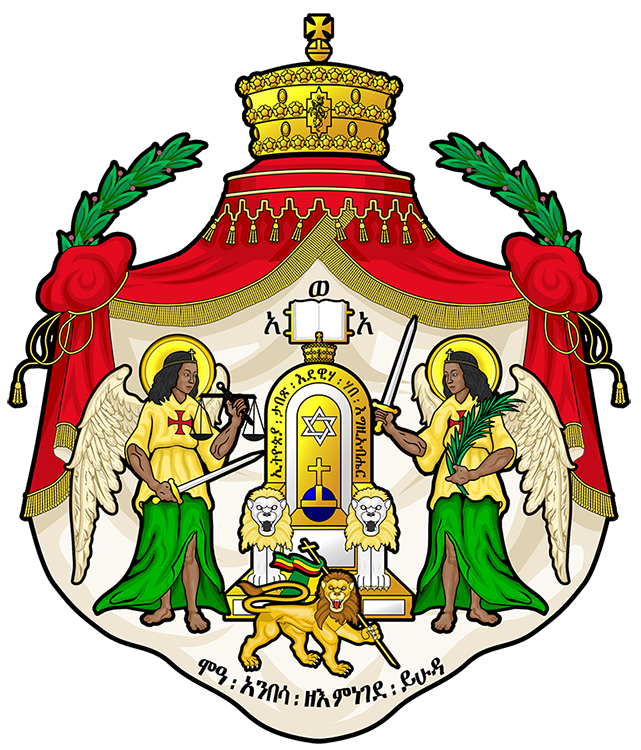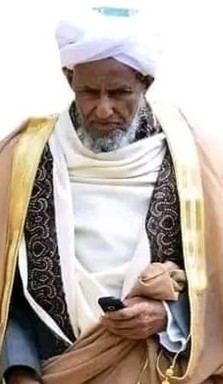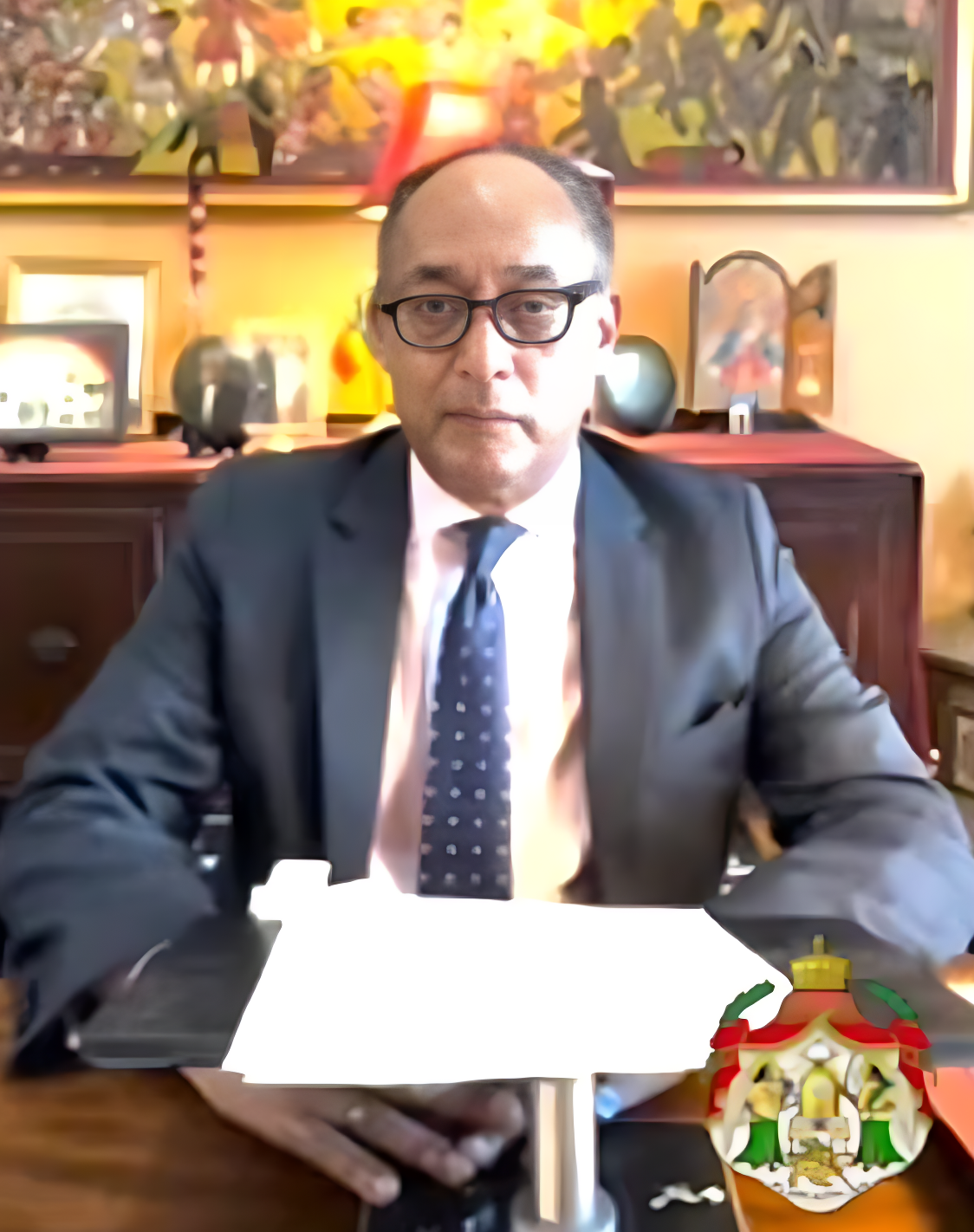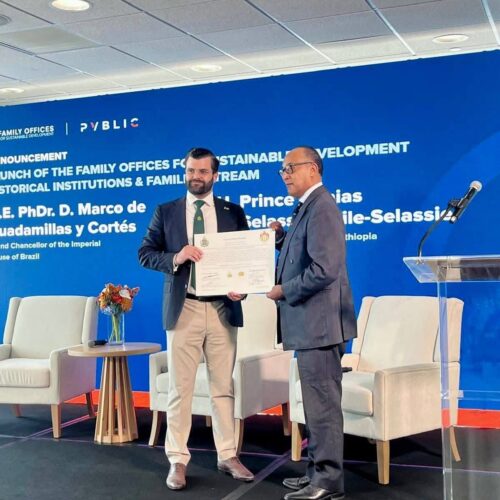Crown Council Mourns Passing of Princess Gelila Fesseha

9 DECEMBER 2025 / 30 ኅዳር 2018 – It is with deep sadness that we announce the death of Her Imperial Highness Gelilamariam Fesseha Gebre-Selassie on December 9th, 2025. Princess Gelila was the former wife of H.I.H. Prince Ermias Sahle-Selassie, President of the Crown Council of Ethiopia. She is thus the mother of his sons, H.I.H. Prince Christian Ermias Sahle-Selassie and H.I.H. Prince Rufael Ermias Sahle-Selassie. Princess Gelila was the daughter of the late Ethiopian Supreme Court Justice Afenigus Fesseha Gebre-Selassie and his wife Woizero Asselefech and thus the niece of the late Professor Asrat Woldeyes, prominent surgeon and a leading opposition political leader in the post-Derg era as founder of the All Amhara Peoples Party.
Princess Gelila was very active in humanitarian causes connected with Ethiopia and was a vocal critic of the human rights record of the post-Derg regime. She campaigned tirelessly for the rights of political prisoners during the EPRDF regime. She was one of the leading voices leading the movement to pressure the Ethiopian government at the time to free her uncle Professor Asrat from detention and highlighted the plight of all prisoners of conscience.
May Almighty God comfort their Imperial Highnesses her children, her mother, siblings and all her friends and family. May her soul rest in paradise among the blessed.
በኅዳር ፴ ፤ ፳፻፲፰ ዓም ልዕልት ገሊላማርያም ፍሥሐ ገብረ ሥላሴ ከዚህ ዓለም በሞት መለየታቸውን በታላቅ ሐዘን እንገልጻለን። ልዕልት ገሊላ የልዑል ኤርሚያስ ሣህለ ሥላሴ የቀድሞ ባለቤት ሲሆኑ የልዑል ክርስቲያን ኤርሚያስ ሣህለ ሥላሴ እና የልዑል ሩፋኤል ኤርሚያስ ሣህለ ሥላሴ እናት ነበሩ። የልዕልት ገሊላ ወላጆች የክቡር አፈንጉሥ ፍሥሐ ገብረ ሥላሴ እና ባለቤታቸው ክብርት ወይዘሮ አሰለፍች ሲሆኑ፥ ታዋቂው የቀዶ ጥገና ሐኪም እና ከደርግ ውድቀት በሗላ የተቃዋሚ ፖለቲካ እንቅስቃሴ መሪ የነበሩት ፕሮፌሰር አስራት ወልደየስ አጎታቸው ነበሩ። ፕሮፌሰር አስራት ወልደየስ እንደሚታወቀው የመላ አማራ ሕዝብ ድርጅት (መአሕድ) መስራችና መሪ ነበሩ።
ልዕልት ገሊላ ከኢትዮጵያ ጋር በተያያዙ በጎ አድራጎት እንቅስቃሴዎች ተሳታፊ ነበሩ። በተለይ በኢሕአዴግ ዘመነ መንግሥት ስለ ፓለቲካ እስረኞች ድምጻቸውን በሰፊው አሰምተዋል። አጎታቸውን ፕሮፌሰር አስራት እና ሌሎችም የፓለቲካ እስረኞች ከእስር እንዲፈቱ ይጥር በነበረውን እንቅስቃሴ ከፍተኛ ሚና ተጫውተዋል። ልዕልት ገሊላ በቤተሰቦቻቸው እና በወዳጆቻቸው በጣም የተወደዱ እና የተከበሩ ሰው ነበሩ።
እግዚአብሔር ለልጆቻቸው፥ ለእናታቸው፥ ለእህትና ወንድሞቻቸው፥ እንዲሁም ለመላ ቤተሰባቸውና ወዳጆቻቸው ጽናቱን እንዲሰጣቸው እንለምናለን። ንፍሳቸውን በአፀደ ገነት ያኑርልን።
